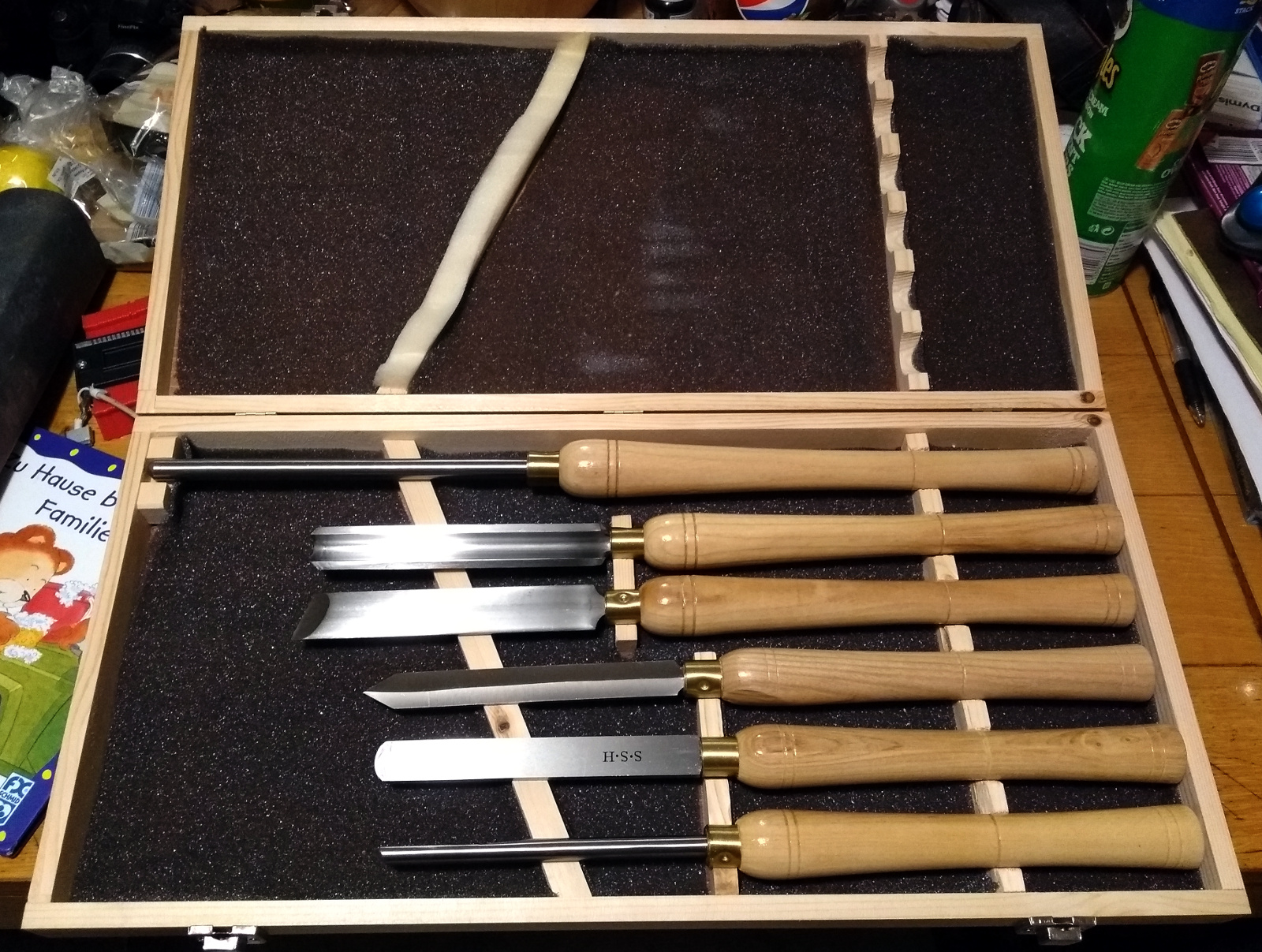Am not sure if my experience is relevant or typical, but I pass it on anyway....
Ten years ago in a fit of enthusiasm to do some turning at home, after having a go under supervision at a night class, I bought a Jubilee lathe and some chisels/gouges. Frankly, I just couldn’t make any progress, got frustrated, gave up and sold it all when I moved house.
Recently I decided I needed to be able to turn things to facilitate my general woodworking interests. I bought a 2nd hand Record CL4 lathe and some accessories and tools along with a Sorby Proedge and a set of jigs. The tools that came with it were a cheap Draper boxed set of six. Thing is, they aren’t great, but they work and suddenly I can turn things with increasing confidence and accuracy and much to my surprise am enjoying it.
I attribute the better results this time around to being able to properly, quickly and consistently sharpen the tools. I am sure the tools I had before were better quality, but they never achieved anything because of my inept attempts at sharpening them.
What I am saying is invest heavily just once in the kit for sharpening. Do that and you can do good work with sub-optimal tools or buy good ones with the confidence that you will not ruin them by poor sharpening technique. Also, something like the Proedge is a versatile addition to any woodworking workshop.
Oh, I just bought my first upgrade, a new roughing gouge!
Regards,
Colin

































